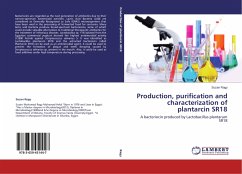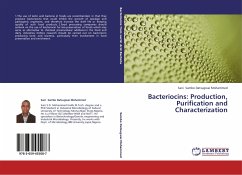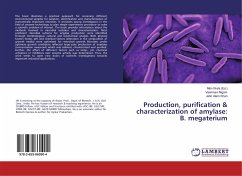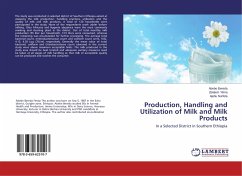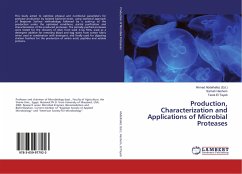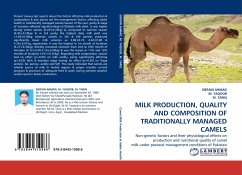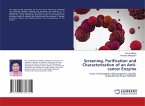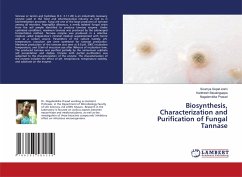Bacteriocins are regarded as the next generation of antibiotics due to their narrow-spectrum bactericidal activities. Lactic Acid Bacteria (LAB) are considered as Generally Recognized as Safe (GRAS) microorganisms that have been used in the processing of fermented food for centuries. Many lactic acid bacteria produce broad-spectrum bacteriocins, some of which could provide valuable alternatives to traditional therapeutic antibiotics for the treatment of infectious diseases. Lactobacillus sp. Y18 isolated from the Egyptian commercial yoghurt showed the highest antimicrobial activity (12800 AU/ml) against Streptococcus salivarius 5. It was identified as Lactobacillus plantarum SR18 and the extracted bacteriocin called Plantarcin SR18 can be used as an antimicrobial agent, it could be used to prevent the formation of plaque and teeth decaying caused by Streptococcus salivarius sp. present in the mouth. Also, it could be used as food additives under high temperature during processing.

